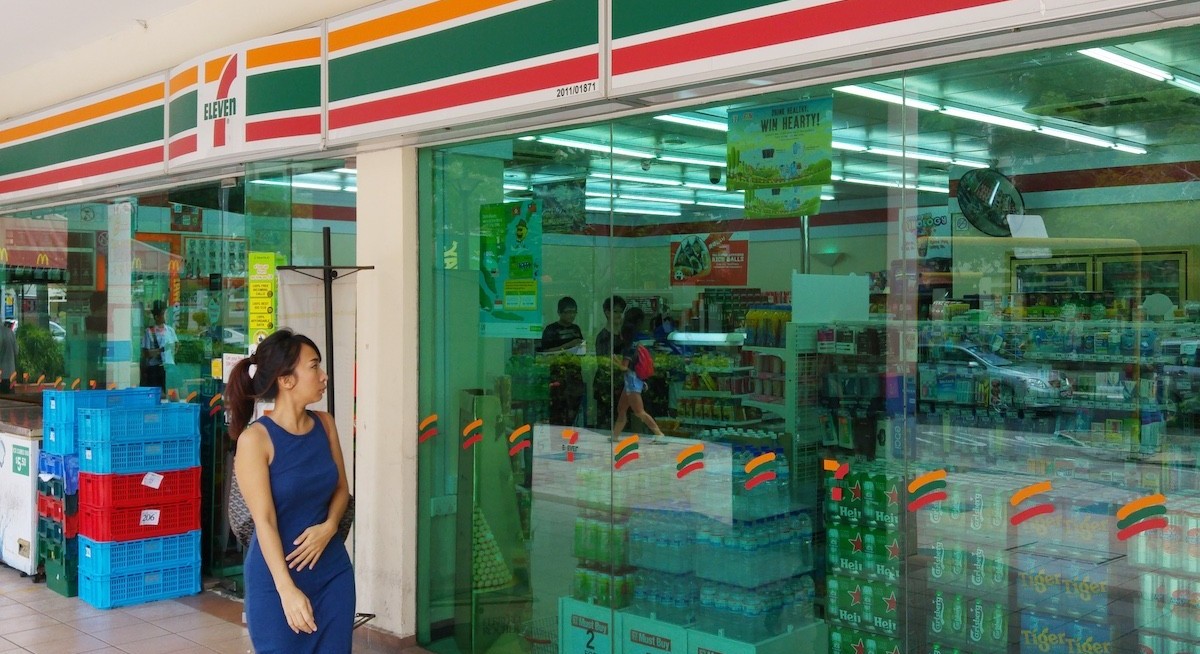By the end of this year, DFI is also expecting the completion of the US$93 million sale of its Singapore supermarket chains Cold Storage and Giant to Malaysian company Macrovalue. “All our revenue streams are now from [majority-owned businesses] and I think that is a healthy position,” says Price.
In a Sept 22 report, DBS Group Research analysts Chee Zheng Feng and Andy Sim note that the group has streamlined its operations by divesting low-margin, low-strategic value businesses and exiting associate stakes with limited control, including those in Yonghui and Robinsons Retail.
“Post divestments, the portfolio appears more resilient and better balanced, anchored by food, health & beauty, and convenience – segments typically less sensitive to macroeconomic swings. These strategic changes should offset the more cyclical home furnishing and restaurants businesses, which are poised to outperform when conditions improve,” they say.
The analysts have kept their “buy” call and US$3.90 target price on DFI. “In our view, the company could experience a valuation re-rating should it deliver on earnings growth supported by cost efficiencies and mix-driven margin expansion,” they say.
See also: Tickrs initiates coverage on PC Partner with ‘buy’ call and $2.20 TP, FY2025 profit to ‘surge’ 72%
In Singapore also, the group has been focusing on growing its 7-Eleven chain of convenience stores. Apart from physical store expansion, the group has been working on refreshing current store layouts, as it offers more ready-to-eat (RTE) selections in store.
In the report, the analysts have shared that DFI investors showed a degree of scepticism with DFI’s RTE ambitions. “However, we view RTE as a central growth pillar and expect this strategy to lead the next phase of growth,” say the analysts, adding that this sparked their ground checks on 7-eleven stores nationwide.
On-ground 7-Eleven checks by the DBS analysts indicate headroom for RTE mix growth and process automation to lift convenience profitability. “Our on-ground observations confirms that the business is highly sensitive to timing and location. Slurpee remains a popular mainstay near schools and tuition centres,” say Chee and Sim.
See also: Analysts mostly bullish on EQDP's impact on SGX; Morningstar views tailwind as ‘temporary’
Meanwhile, RTE combos, such as onigiri with coffee, are most popular for breakfast around office clusters. “We noted that selected stores have added hot pizza and smoothies, broadening their appeal to a wider customer base. Self-checkout counters have been installed in some outlets, which should reduce labour requirements and improve segment profitability,” they add.
Overall, the analysts view that the stores offered value, as they say that “pricing is competitive, especially with meal bundle discounts”. They comment: “While taste is subjective, the food was generally palatable, though portions tended to be small.”
Observations also show that the 7-Eleven key demographics are students seeking an after school or tuition snack, office workers looking for light bites in the morning and afternoon, as well as tourists reaching for grab-to-go snacks and drinks, especially in the airport.
While the DBS analysts seem upbeat on DFI’s 7-Eleven revamp, they are aware that near-term challenge with competition from food delivery platform persists. JD’s entry into food delivery in February has sparked a food delivery war, with companies offering massive subsidies on food and beverage at very low prices.
This indirectly reduces foot traffic and negatively impacts convenience store businesses, resulting in investors being concerned about the group’s expansion plans in the region.
“Despite headlines regarding delivery wars, superior margins and store-expansion headroom should sustain growth in South China. RTE accounts for about 40% of the mix, compared to about 18% for local peers, providing DFI an estimated 70 basis points operating-margin advantage,” say Chee and Sim.
In addition, certain RTE lines are supplied by its associate, Maxim’s, which offers indirect margin support. “We also identify over 2,000 incremental store opportunities across three key cities outside the Tier 1 Guangdong cities, which are expected to drive multi-year top-line growth,” say the analysts.
They believe that China remains a great opportunity because the current food delivery war is unsustainable and transitory; sales mix and value chain integration provide a margin buffer to outlast competitors; and headroom for growth exists outside Tier 1 cities.
“Should the delivery price war be prolonged, we believe DFI, with its margin headroom is well positioned to ride through the war and emerge stronger,” say Chee and Sim.




